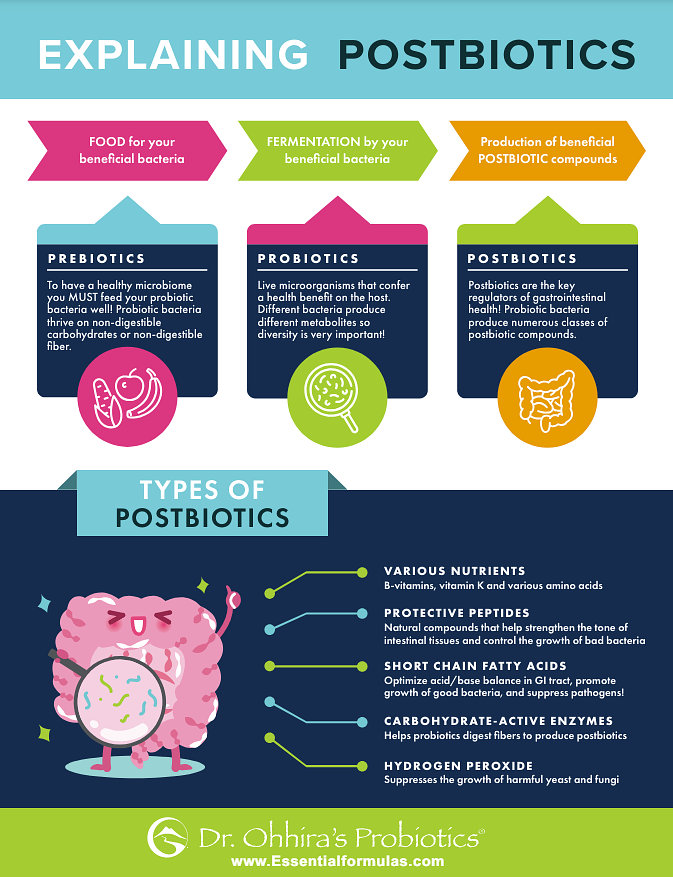Discover the Dr. Ohhira Difference!™
 It is widely understood that intestinal probiotic bacteria play an important role in regulating good health. Most probiotics companies, on the market, simply cram large numbers of one or several strains of probiotic bacteria into capsules. Which is one of the many reasons most orally ingested probiotics are not effective. For example, stomach acid, which is 10,000 to 100,000 times stronger than the acidity in the intestines, kills most orally ingested probiotics. To learn more, visit www.naturalpharmacist.net/dilemma to read The Oral Probiotic Dilemma.
It is widely understood that intestinal probiotic bacteria play an important role in regulating good health. Most probiotics companies, on the market, simply cram large numbers of one or several strains of probiotic bacteria into capsules. Which is one of the many reasons most orally ingested probiotics are not effective. For example, stomach acid, which is 10,000 to 100,000 times stronger than the acidity in the intestines, kills most orally ingested probiotics. To learn more, visit www.naturalpharmacist.net/dilemma to read The Oral Probiotic Dilemma.
So why choose Dr. Ohhira’s Probiotics? Let’s discuss the Dr. Ohhira’s Probiotics difference and explain how it is potentially more effective than all other commercial probiotics. In the process, you will learn why millions of people rely on Dr. Ohhira’s Probiotics and why so many healthcare professionals recommend Dr. Ohhira’s Probiotics to their clients and patients.
Gut Health = Good Health
The gut microbiome is a critical regulator of human health. Hippocrates, called The Father of Medicine, is credited with saying “All disease begins in the gut” over 2,000 years ago. Today, gut health experts have shown that bacterial imbalance or dysbiosis is associated with so many of our current health concerns.
Feeding Your Probiotic Bacteria
Your probiotic bacteria are living organisms that must be fed well to thrive and survive. Dietary fibers and polyphenols are the ‘food’ that probiotic bacteria require. The best sources of these compounds are plant-based foods, especially fruits and vegetables. Multiple scientific studies report 80-95% of Americans DO NOT consume adequate amounts of these plant-based nutrients that support a healthy gut microbiome.
The Importance of Diversity
A healthy gut microbiome contains 800 to 1,000 different species of probiotic bacteria. Diverse species of bacteria are like animals that require various types of food. People are encouraged to eat a little bit of many types of fruits and vegetables daily, which provide a wide range of fibers and polyphenols to support a healthy gut microbiome. Watch this 8-minute YouTube video, Ross Salad Buzz, that learn how to make a microbiome-supporting salad using assorted vegetables.
A Superior Probiotic Formula
Thousands of studies have been published explaining the health benefits of fermented foods. Dr. Ohhira created a 3-year fermentation process that utilizes multiple strains of probiotic bacteria along with different fiber and polyphenol-rich foods (fruits, vegetables, mushrooms & seaweeds) in fermentation vats to produce Dr. Ohhira’s Probiotics. Hence, Dr. Ohhira’s is a fermented whole-food probiotic. After 3 years of fermentation, the bacteria have converted the foods into Postbiotic Metabolites. This is The Dr. Ohhira’s Difference!
Postbiotic Metabolites: The ‘Magic’ of Fermentation!
Over 99% of the bacteria in the intestinal tract reside in the colon. This is where bacteria utilize a process, called fermentation, that converts food components into compounds known as Postbiotic Metabolites. Postbiotic Metabolites have a wide range of health-regulating effects, which is why they are being recognized as The New Frontier in Microbiome Science. Since most people fall far short on their consumption of these dietary elements, it can have serious health consequences.
Postbiotic Metabolites are Essential Nutrients
Various vitamins, minerals, amino acids, Omega fatty acids and Short-chained Fatty Acids or SCFA’s are classified as essential nutrients because they are imperative for human health. Similarly, Postbiotic Metabolites are compounds that are also necessary for overall wellness. Most of our essential nutrients come from the food we eat. And these nutrients are the food source for the probiotic bacteria to create Postbiotic Metabolites. These are critical regulators of the digestive system and the immune system. Once absorbed systemically, they influence the functioning of your brain, heart, liver, kidneys, skin and bones.
The importance of Postbiotic Metabolites was emphasized in a paper published in the Oct. 2021 issue of Journal of Immunology, in which author Cathryn Nagler, PhD stated “It is now clear that the depletion of microbial metabolites beneficial to host health is associated with a rapid rise in non-communicable chronic diseases.”[i]
The probiotic bacteria, in most people, do not produce adequate amounts of Postbiotic Metabolites, due to poor diets, the overuse of antibiotics, environmental toxins and numerous other disruptions to the microbiome. Enter the power of Dr. Ohhira’s Probiotics, which directly delivers over 500 postbiotic metabolites.
Effective & User-friendly
Dr. Ohhira’s Probiotics accomplishes what we refer to as Rapid Microbiome Restoration. We believe it is the fastest and most effective method to improve the gut microbiome and intestinal health.
Dr. Ohhira’s Probiotics are user-friendly. They do not need to be refrigerated, they can be taken any time, even on an empty stomach. Dr. Ohhira’s Probiotics do not contain any artificial additives, preservatives, animal by-products, pesticides, or herbicides. They are non-GMO,100% vegetarian, and hypoallergenic (no dairy, soy or gluten).
Dr. Ohhira’s Probiotics, a product you can trust! Try the Dr. Ohhira’s Difference for yourself!
Have a question about probiotics? Click here to check out our Probiotics FAQs.
[i] Nagler, CR. Modern World Influences on the Microbiome and Their Consequences for Immune-Mediated Disease. Journal of Immunology. Oct. 2021;207(7):1695-1696.






